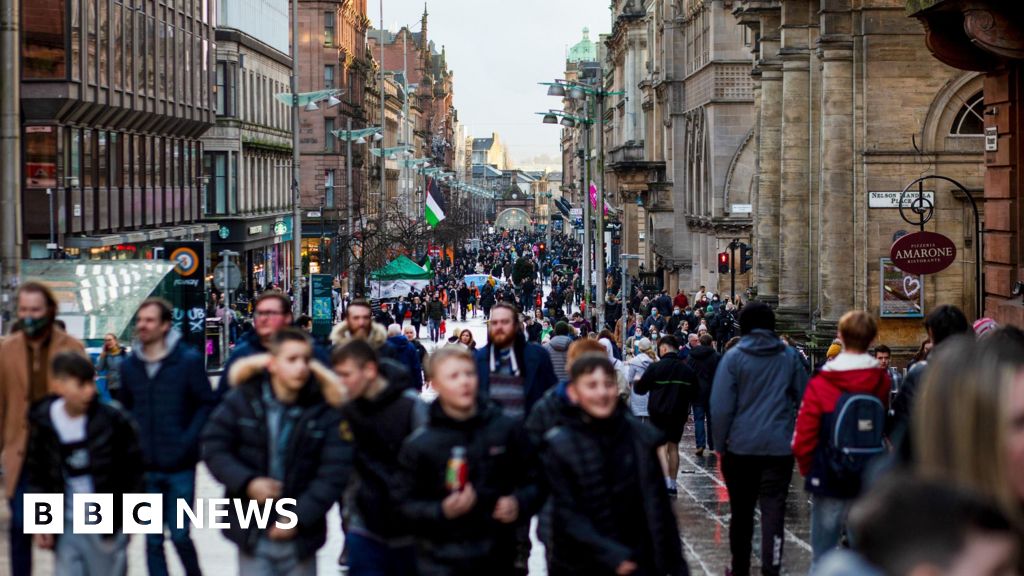World
Why are Belarus in World Cup qualifying and where will Scotland play pariah state?

Yet, the Group C double header against opponents who denied this country a place at Germany 2006 when they recorded a shock 1-0 win at Hampden in 2005 may well prove to be the most problematical off the park for political reasons.
Belarusian national and club teams were banned from hosting international matches and competitions by both FIFA and UEFA back in 2022 due to their government’s complicity in the Russian invasion of Ukraine.
Read more:
The pariah state is allowed to take part in competitive fixtures, hence their presence in Scotland’s four team section, but they must do so at a neutral venue and behind closed doors with no supporters in attendance.
However, the sanctions which were imposed on them did not go nearly far enough for many people who were horrified by their support of the Vladimir Putin regime.
German interior minister Nancy Faeser wrote to UEFA demanding they be prohibited from attempting to qualify for the Euro 2024 finals in her country this summer, as Russia had been, before they made their decision.
Sviatlana Tsikhanouskaya, the leader of the opposition in Belarus, was in complete agreement. “I am for excluding pro-regime teams until dictator Alexander Lukashenko is deposed in Minsk,” she said.

Aleksander Ceferin, the UEFA president, and his associates were not swayed by the political pressure which was being put on their organisation.
“It’s a bit populist to say you have to exclude them,” he said. “At the moment, we see no reason to do so. If things change, we will obviously react. Politicians should respect our right to make decisions. We don’t tell politicians and governments what to do.”
Still, the penalties they introduced were viewed by many as a tacit endorsement of a country which has helped to facilitate a bloody and illegal war and which has a horrendous human rights record – including against footballers who have shown the slightest opposition to the authoritarian Lukashenko.
As many as 48 professional players are rumoured to have been blacklisted for expressing anti-government views or for taking part in demonstrations.
Read more:
Carlos Alos’s men played their “home” matches against Bulgaria, Luxembourg and Northern Ireland in the Nations League earlier this year 700 miles away from their capital Minsk in Zalaegerszeg in Hungary. They used Budapest and Novi Sad in Serbia as their base during Euro 2024 qualifying.
The SFA were unsure following the draw in Zurich, Switzerland, yesterday either where or when they will face Belarus away. But the likelihood is it will be in the Szusza Ferenc Stadium, the home of Ujpest, in Budapest.

Their entry to other countries is left entirely at the discretion of the hosts and the United Kingdom government, which had imposed sanctions in the wake of the Ukraine invasion, took some time to grant the necessary visas.
They were only given the green light to play a fortnight before the Group C3 match after the Irish FA protested that they would suffer if the fixture had to be moved abroad.
European games involving Belarusian clubs have also seen protests staged in the stands. When Legia Warsaw played Dinamo Minsk in the Conference League in Poland this season their fans unfurled a giant banner which read: “Voices silenced but must not be forgotten – free all the political prisoners.”
Picking up enough points against the loser of the Nations League quarter-final between Denmark and Portugal as well as Greece and booking a place in the World Cup in Canada, Mexico and the United States in 2026 will be tough for Scotland.
But their meetings with Belarus will present their own unique challenges.










